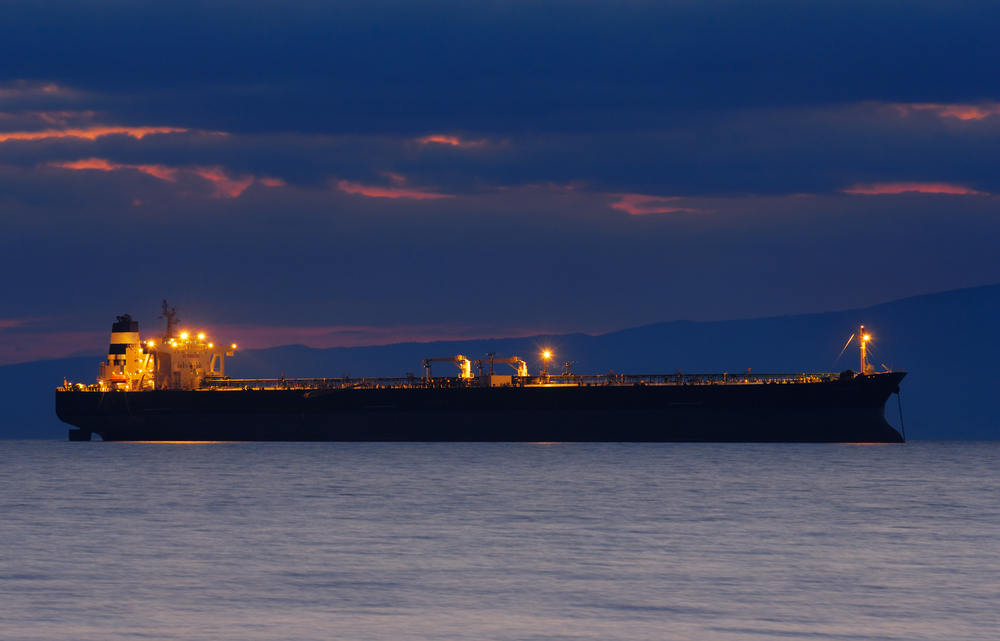

Detention in Indonesia - extortion, bribery and mitigation under a war policy

Any case where the English Court gives some assistance on what a word or a definition means, or what a duty entails, is always most welcome. Sometimes, a case is all the more interesting for practitioners when we discover that the Court is considering the interpretation of a word or words which – on the face of them – (a) appear straightforward and (b) which have never before been the subject of a court decision in all these hundreds of years of court decisions.
In the very recent judgment of the Commercial Court in Delos Shipholding SA & Ors v Allianz Global Corporate and Specialty SE & Ors [2024] EWHC 719 (Comm), the Court considered a number of issues, including the definition of “detention” and the scope of the duty to sue and labour in the marine insurance context.
In this case, the delightfully named Win Win had illegally anchored in Indonesian territorial waters and was then detained for over a year by the Indonesian Authorities. Under her insurance, she would be a CTL following six months of detention. Insurers rejected the claim inter alia claiming the vessel had not been fortuitously detained, since it should – at the very least – have been known that anchoring in the territorial waters in these circumstances would have had this result. Aside from holding that this had not been proven, it was decided that the arrest and detention were not the ordinary consequences of voluntary conduct arising out of the ordinary incidents of trading (ie merely anchoring in the territorial waters without permission).
However, could insurers reject liability on the basis that the policy excluded loss caused by, resulting from or incurred as a consequence of “Arrest, restraint or detainment under customs or quarantine regulations and similar arrests, restraints or detainments not arising from actual or impending hostilities”? The Court said no. The arrest in these circumstances was not similar to detentions under customs or quarantine regulations. Arguably, the most fascinating part of Mrs Justice Dias’ judgment comes at paragraph 107 where she remarks:
“The critical question in this regard, on which the diligence of seven counsel has been unable to unearth any authority, either English or American, is the meaning of the word ‘similar’.”
One of the other points covered (which will resonate factually, given the times we are living in) was the argument that insurers could reject the claim because it was “materially caused” by the claimants’ unreasonable conduct in breach of their duty to sue and labour (in layman’s terms, the duty to try and mitigate/minimise loss). This was because they became “side-tracked into discussions with the Navy which involved considerations of a bribe or similar”. Accepting that the claimants and the P&I insurers involved would never have paid a bribe, even though it would have been realised that a bribe might be demanded at some stage, Mrs Justice Dias found it was not unreasonable to continue discussions with the Navy until the claimants and the P&I Clubs were sure of the position. In other words, it was reasonable to continue discussions until it was known that the only alternative to allowing court proceedings to take their course was paying a bribe to secure the vessel’s release. The claimants were entitled to pursue all lines of enquiry to try and get the vessel released. Quoting the evidence of a witness, “If they had not explored every option, they would not have been doing their job properly”.
Whilst not part of the findings of the Court, it is implied that there was some kind of demand for money which it was determined would (if paid) be a bribe. Indeed, the Judge suggests that others may have paid similar demands in the same circumstances; but as we have written before there is a difference between bribery and extortion. Each matter will turn on its facts. Extortion, like a ransom, could be paid and then claimed as sue and labour from war risk underwriters.
Increasingly vessels and crews are being held for geo-political reasons by capricious jurisdictions as well as by criminal gangs. Working out who is holding a vessel and whether they are doing so legally is a real challenge. Arbitrary detentions where the charges are contrived or not pursued in a legal way are leading increasingly to lengthy detentions which – as this case shows – can lead to a total loss and protracted litigation. But as the Court makes clear, an assured is entitled to take time to work through the options and investigate other solutions. They should not be penalised for doing so.


